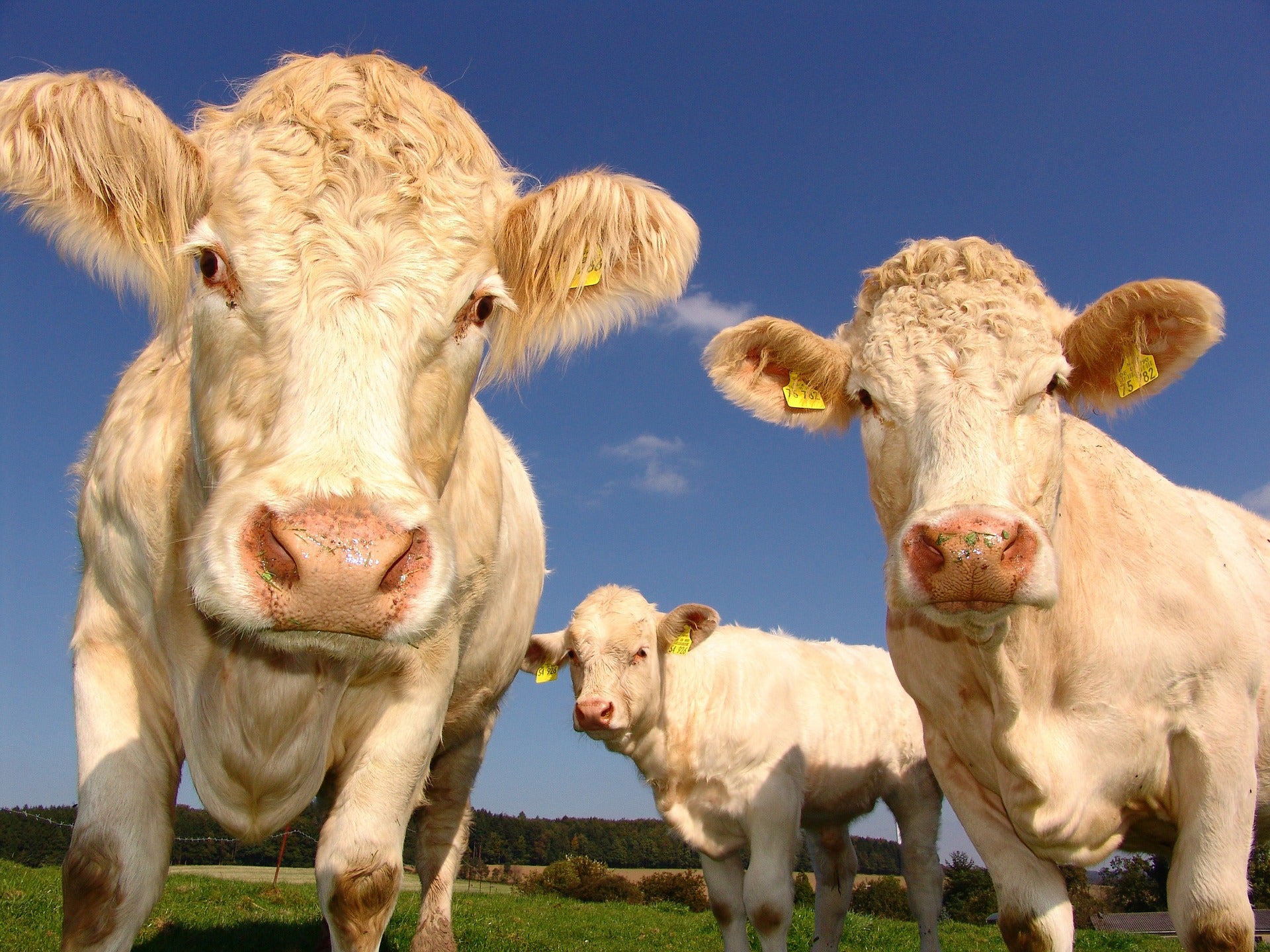| Stress on cattle is inescapable. Just as with humans, daily occurrences can create stress reactions. In cattle, the long-term effects can have detrimental effects on herd health, including reduced milk production and quality; poor weight gain and vitality; reduced immunity to both common and less common pathogens; lower-grade meat; and, ultimately, lower bottom lines.
In a Catch 22-like scenario, the healthiest and strongest cattle are those that have high functioning immune systems. In order to support that high level of functionality, they most benefit from a well-planned vaccination program. Thus, in order for the vaccination program to work, herds must be in the best possible health prior to receiving vaccinations. This is where proper herd management comes into play. The most effective way to ensure that a herd is primed and ready for vaccinations is to address their rumen health. As mentioned above, rumen pH is perhaps the most important factor in maintaining a viable and highly functioning rumen. Key points for maintaining a healthy rumen include:
The bovine digestive system and immune system are indivisible. When they are both working at their optimum levels, they ensure disease resistance and stress resilience. Through careful behavioral and dietary management, every herd has the potential for top production and healthy profit margins. Related Posts Prudent Use of Antibiotics for Vaccine Efficacy Prebiotics: What They Are and What They Do Herd Handling Techniques and Their Effects on the Immune System |





